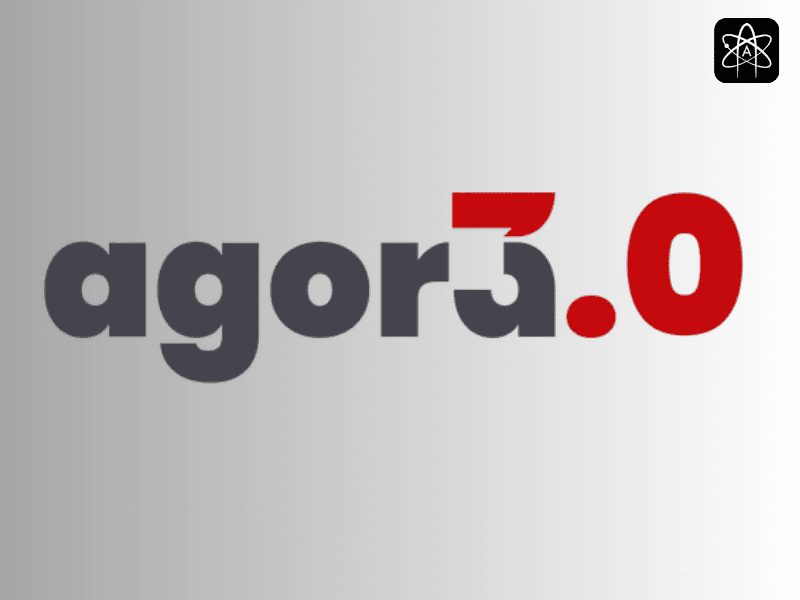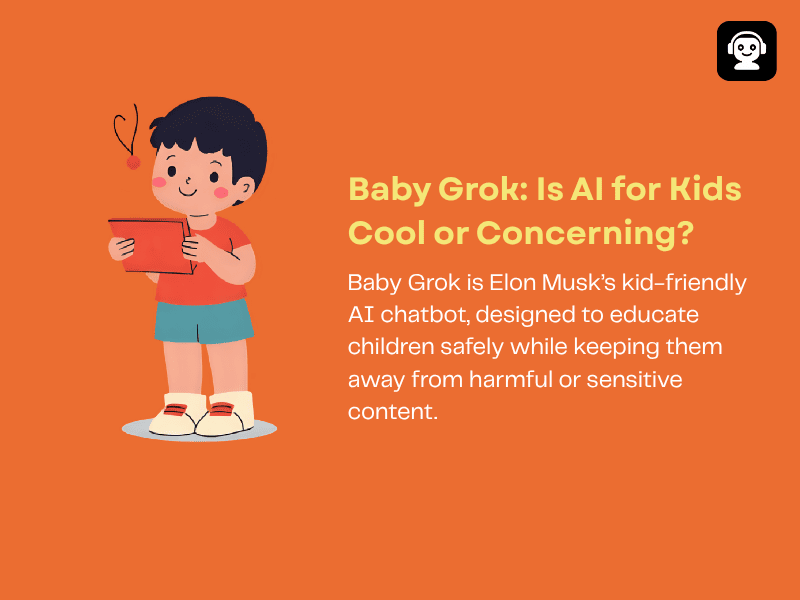Inside Elon Musk AI Birth Rate Prediction in 2025
If we told our younger selves that technology would be able to predict the future, we would not have

If we told our younger selves that technology would be able to predict the future, we would not have believed it. But if predicting the future of technology were an Olympic sport, then Elon Musk would have won the trophy. The recent news about Elon Musk AI birth rate prediction has taken over the entire internet, and we are here to spill some tea.
Elon Musk’s imagination has no shortage of outlandish forecasts if we look from the boldly proclaimed that humans will colonise Mars by 2029 to casually suggesting that we are living inside an alien video game. The latest idea of Elon Musk AI birth rate prediction links to the brain’s emotional control centre. Without much explanation, Elon Musk AI birth rate prediction insists that AI will reshape human emotions and lead to having more children.
At first glance, the Elon Musk AI birth rate prediction seems contradictory and outright bizarre. As history has shown us, Musk’s wildest predictions always stir the debate between tech giants. So, let us unpack what Elon Musk said and why it matters in the AI and digital era, and whether this latest “brain blast” has any merit at all.
Elon Musk AI Birth Rate Prediction
Earlier today, Elon Musk posted on X (formerly known as Twitter) that AI is obviously going to take out the human limbic system and referring to the part of the brain that regulates emotions. It is a dramatic phrase and suggests that AI will deeply influence or even override human feelings. But Elon Musk AI birth rate prediction did not stop there and predicted further disruption.
Elon Musk declared and told everyone to mark his words, as they are going to program AI that way, and this statement is sweeping and oddly specific. This implies that AI tools like chatbots might one day encourage people to have more children, but the contradiction is glaring. Elon Musk warns that AI could overwhelm human emotions, but he claims that this disruption will bring a baby boom.
According to us, Elon Musk’s logic feels shaky at best, as AI may influence emotions and social connections, but tying it directly to higher birth rates oversimplifies a very complex issue. The reality today is that many people are forming very deep and personal relationships with AI chatbots, and it may be hampering their mental health as well.
AI Chatbots and Loneliness
Recent times have seen a lot of things related to AI chatbots and loneliness, and people are forming deep and profound relationships with AI chatbots. Musk’s own xAI chatbot Grok is filling an emotional void in societies marked by economic instability and growing isolation. For many users, these chatbots can provide comfort, companionship, and romance as well.
Many users, including minors and adults, are engaging in emotionally charged exchanges with AI systems, and this has become a trend that reflects how alienated and lonely modern societies have become. But how this phenomenon translates into a higher birth rate is the real question. It is actually the opposite, as individuals are turning to AI for romantic fulfillment.
This romantic companionship or relationship that humans are forming with AI will reduce real-world human interactions and decrease opportunities for relationships that can lead to children. According to us, Elon Musk’s theory misses this point, and instead of fostering human connections, AI companions may reinforce isolation.
Read more: Meta Signs Over $10 Billion Cloud Deal with Google for AI Infrastructure
Read more: German Medical Institute Unveils Cyprus’s First AI Medical Testing Centre in 2025
Economic Reality of Decline in Birth Rates
Since the 1800s, economists have observed a paradox that in wealthier and capitalist societies, birth rates tend to fall as children become more expensive. As societies grow more prosperous, parents face more costs and pressure, which results in having fewer children. This trend is visible all over high-income countries for decades, and we have also noticed a decline in fertility rates.
This directly contradicts Elon Musk AI birth rate prediction, as no chatbot can fix the underlying economic structures that discourage families from growing. The emotional manipulation through AI is not going to offset the harsh and financial realities of modern parenting.





